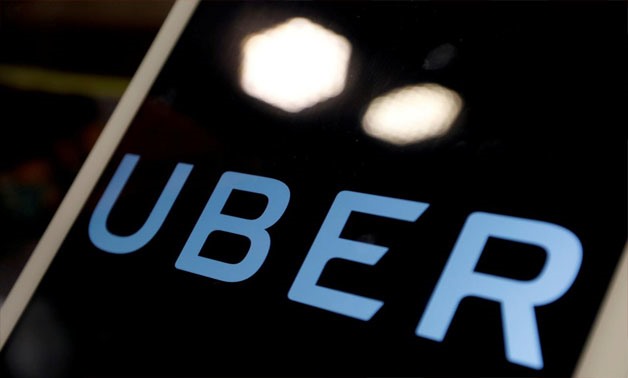
The logo of Uber is seen on an iPad, during a news conference to announce Uber resumes ride-hailing service, in Taipei, Taiwan April 13, 2017. REUTERS/Tyrone Siu/File Photo
MANILA - 7 April 2018: The Philippines’ anti-trust agency said on Saturday it has ordered Uber Technologies Inc to continue domestic operations as it reviews the ride hailing firm’s deal to sell its money-losing Southeast Asian business to rival Grab.
The move puts another hurdle in the transaction, following an order by Singapore’s competition watchdog that Uber delay its shutdown by a week because of an ongoing review.
“Uber’s compliance with our anti-trust counterpart in Singapore to extend the operation of its app indicates the feasibility of continuing its operations in the Philippines as well,” Philippine Competition Commission (PCC) chairman Arsenio Balisacan said in a statement.
The Philippine business of Uber was supposed to shut down on April 8.
The anti-trust body also tasked Uber and Grab to maintain the independence of their business operations, including ride hailing and delivery platforms, and customer and rider database.
Uber declined to comment while Grab did not immediately comment. Uber and Grab announced the deal late last month, marking the U.S. company’s second retreat from an Asian market.
“This virtual monopolization of the market by Grab can harm the riding public,” said PCC, which started its review on Tuesday.
The Philippine transportation agency caps the number of ride-sharing vehicles at 65,000 across all brands and reviews the figure every three months.
Uber previously sold operations in China and Russia to local rivals under former CEO Travis Kalanick. In Europe, the company has faced protests, court battles and bans after some local authorities and taxi drivers said it did not abide by the same rules on insurance, licensing and safety.

Comments
Leave a Comment